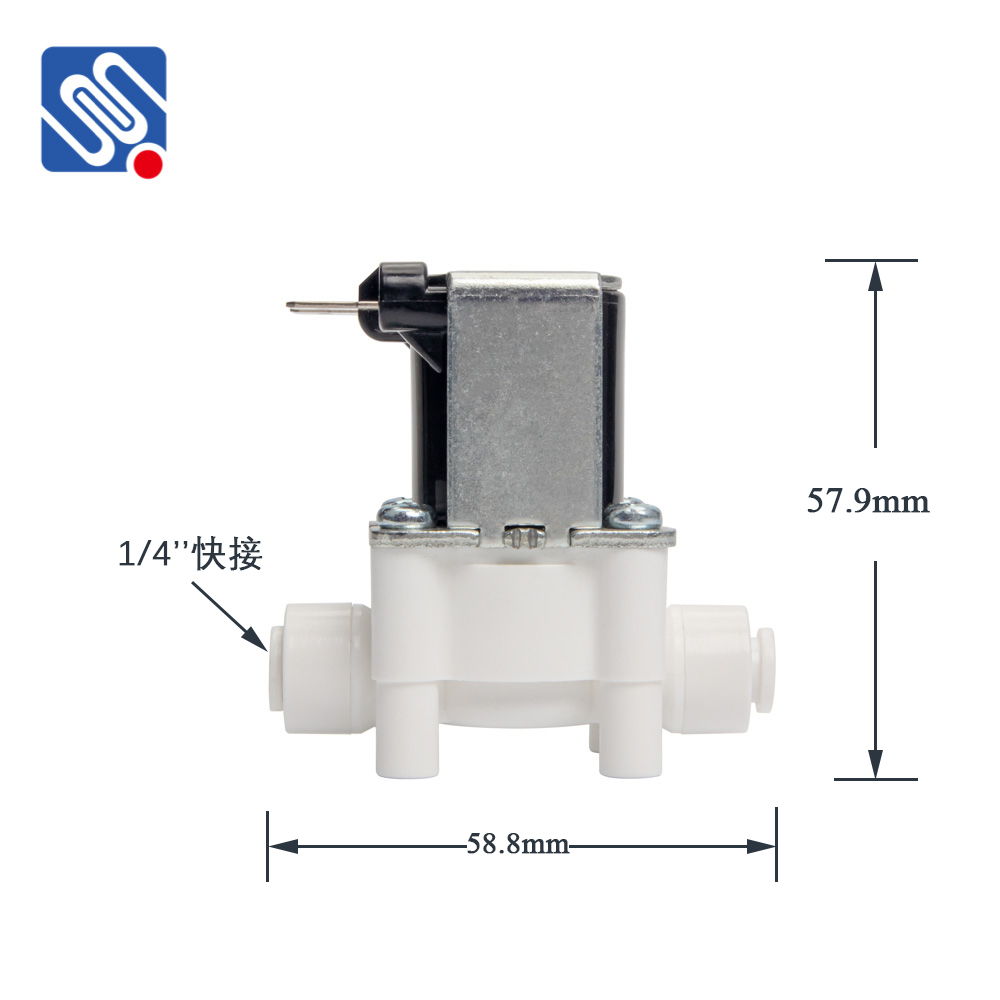understanding normally closed solenoid valves: function, applications, and benefits
Release time:2025-11-14 19:53:03
A Normally Closed Solenoid Valve (NCSV) is a critical component in fluid control systems, widely used across various industries such as water treatment, HVAC, automotive, and manufacturing. As the name suggests, this type of solenoid valve remains closed by default when no electrical power is supplied, and it only opens when an electric current is passed through the solenoid coil. The versatility and reliability of Normally Closed Solenoid Valves make them essential for precise control over fluid flow in both liquid and gas systems.

How a Normally Closed Solenoid Valve Works The core principle behind the operation of an NCSV is its ability to open or close a valve based on the presence or absence of electrical current. In its default state, the valve is closed, meaning that the flow of fluid is blocked. This is achieved by a spring-loaded mechanism that holds the valve seat in place, preventing fluid from passing through. When an electrical current is applied to the solenoid coil, it generates a magnetic field that attracts the plunger inside the valve. The movement of the plunger pushes the valve seat away from its opening, allowing the fluid to flow. Once the electrical current is turned off, the magnetic field collapses, and the spring pushes the plunger back into its original position, closing the valve and stopping the flow.

